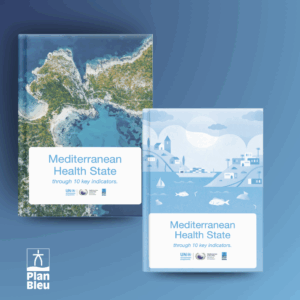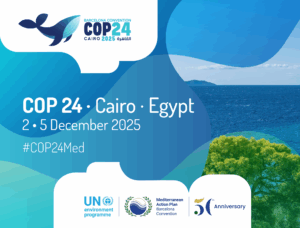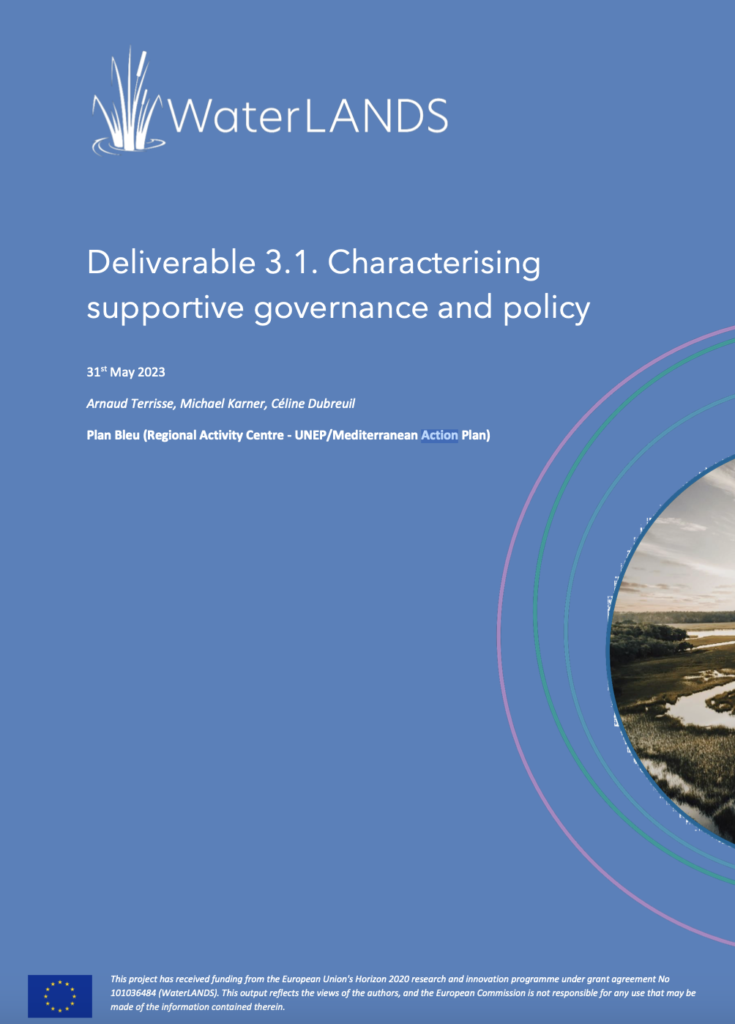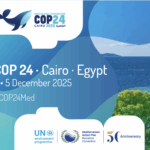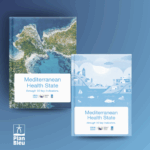This Deliverable, led by Plan Bleu, analyses the importance of governance models in wetland restoration with the aim to support stakeholders in furthering collaborations to upscale wetland restoration.
In the context of human-nature interactions, good governance should involve informed discussions between local communities, stakeholders, and decision-makers to decide on the future of an area and its embedded landscape, biodiversity, carbon stocks, ecosystem services and resources. It is also important to determine who will make the final decision in the chain of governance and for all actors to be aware of this.
Four governance models (polycentric, monocentric, community-based, and networking) are described, based on the analysis of Knowledge Sites experiences and backed by a literature review.
D3.1 proposes a Theoretical Governance Framework made up of three Pillars, based on a literature review, interviews with WaterLANDS Knowledge Sites and different conceptual frameworks for governance.
The Theoretical Governance Framework is a versatile tool containing 25 recommendations, 50 possible actions and 20 examples of good practices from Knowledge Sites.
It identifies the governance conditions and measures neededfor successful wetland restoration and provides actionable recommendations for a wide range of users and contexts, organised within the three Pillars of the Theoretical Governance Framework.
The Theoretical Governance Framework is designed to act as a flexible “menu” that allows for adaptation to different contexts.
Read this Deliverable in full if you are:
- a policymaker or decisionmaker who would like guidance in shaping environmental policies related to wetland restoration.
- an environmental manager, monitoring manager or restoration practitioner who would like concrete actions and recommendations for improving governance of a wetland restoration project.
- a member of a local community who would like to better understand governance structures and your role in the process.
Learn more about WaterLANDS






